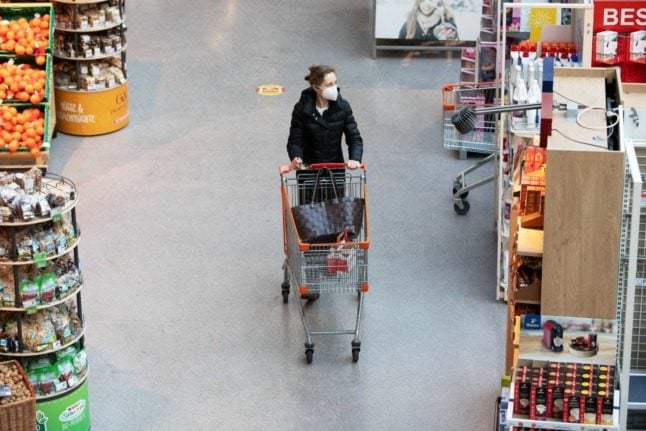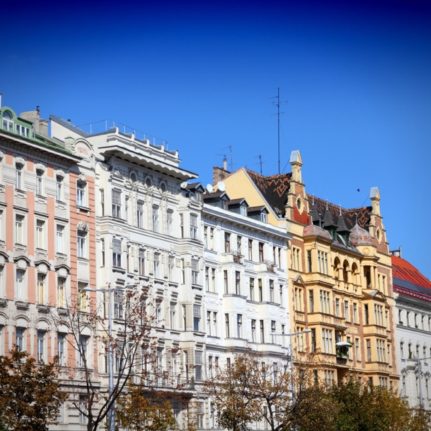As Covid-19 cases remain high in Vienna, Mayor Michael Ludwig (SPÖ) has announced new rules for autumn.
Starting from Friday October 1st, there will be tougher restrictions for unvaccinated people and a blanket FFP2 mask requirement for customers in all shops.
The new rules will set Vienna apart from the rest of the country again, which Ludwig last week said is an attempt to improve the vaccination rate ahead of the winter and provide clarity for residents.
Here’s an overview of the Covid-19 rules in Vienna from October 1st.
Bars and late night gastronomy
There will be a 2-G rule for entering bars and late night gastronomy venues. This means only people that are vaccinated or recovered will be allowed access.
For staff, there will be a 2.5-G rule (vaccinated, recovered or negative PCR test).
Negative antigen tests will no longer be accepted for customers or staff.
Events and gatherings
Events and gatherings of more than 500 people will also be subject to the 2-G rule – including staff.
This applies to both indoor and outdoor events, as well as events with designated seating, such as the State Opera and the Burgtheater.
READ MORE: What are the rules for entering Austria right now?
Antigen tests
In places where the 3-G rule (vaccinated, recovered or negative test) was previously in place, antigen tests are no longer valid proof. This includes places like cafes and restaurants.
Only negative PCR tests are allowed.
FFP2 masks in retail
In all shops in Vienna, customers have to wear an FFP2 mask. Employees can wear cloth nose and mouth protection if they choose to.
Covid-19 rules in Vienna
The new rules will initially be in place for one month and will only apply to people aged 12 and over. This means antigen tests are still valid for children.
Ludwig is also pushing for the 2-G rule in all workplaces, but this would have to be mandated by the Federal Government.
The Kurier reports that Ludwig has rejected accusations that the rules in the capital are too strict.
FOR MEMBERS: Reader question: How can people who cannot be vaccinated get Austria’s Covid green pass?



 Please whitelist us to continue reading.
Please whitelist us to continue reading.
Member comments